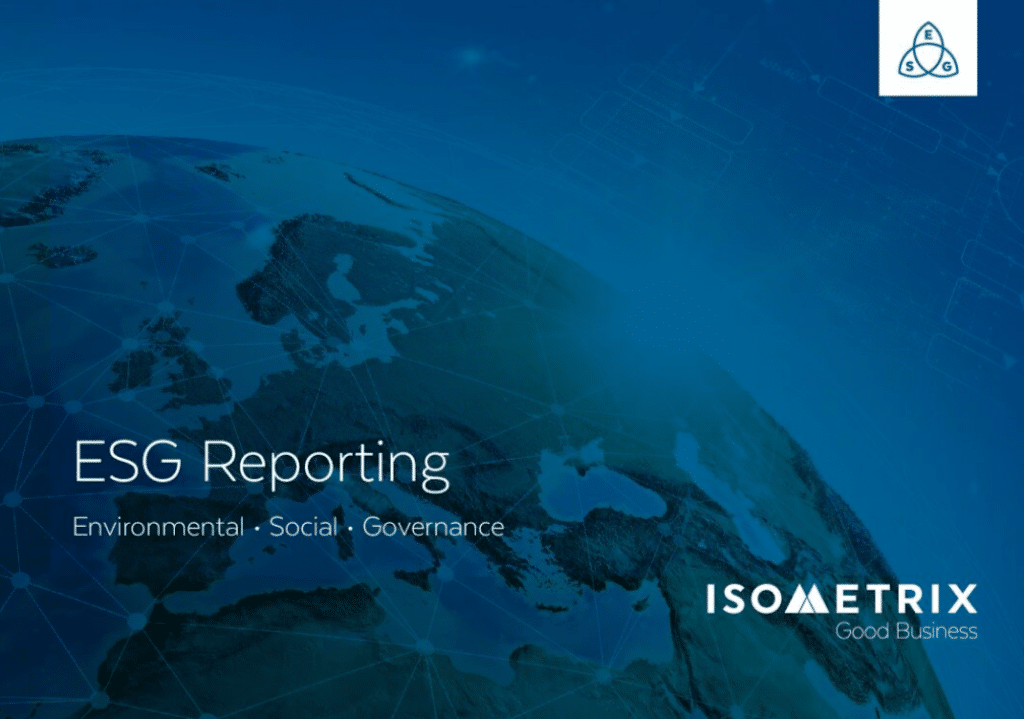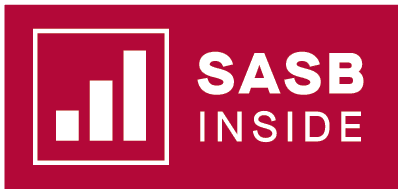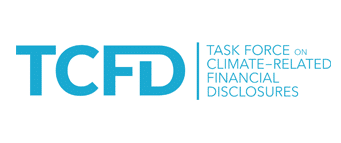ESG Reporting Frameworks & Standards

The Growing Importance of ESG Reporting

Environmental, Social, and Governance (ESG) topics have become of major relevance within the world of business and organizational sustainability.
With growing legislation and regulatory control surrounding these topics, companies have realized that they need to start taking ESG management and reporting seriously. Given the broad scope and potential complexity of ESG however, they may have little idea how to start, or where to begin.
ESG reporting frameworks and standards are an attempt to standardize the types and scopes of information that need to be collected by organizations. They provide useful standardization measures to help organizations measure, manage, and report on how successfully they are achieving their sustainability targets.
ESG Reporting Standards and Frameworks IsoMetrix Lumina Supports
Measuring and managing your organization’s sustainability performance against stakeholder and compliance requirements doesn’t have to be exhaustive. IsoMetrix Lumina centralizes your ESG data and provides preloaded ESG standards to accelerate and simplify reporting. Learn more about some of the common ESG reporting standards and frameworks that you can find in the Lumina ESG Platform, like GRI, SASB, TCFD, and more shown below.

Global Reporting Initiative (GRI)
GRI (Global Reporting Initiative) helps businesses and other organizations take responsibility for their impacts, by providing them with the global common language to communicate those impacts.
The GRI Standards enable any organization – large or small, private or public – to understand and report on their impacts on the economy, environment and people in a comparable and credible way, thereby increasing transparency on their contribution to sustainable development.
Sustainability Accounting Standards Board (SASB)
The SASB Standards guide the disclosure of financially material sustainability information by companies to their investors. Available for 77 industries, the Standards identify the subset of ESG issues most relevant to financial performance in each industry.


Taskforce on Climate-related Financial Disclosures (TCFD)
The TCFD recommends the types of information that companies should disclose to support investors, lenders, and insurance underwriters in appropriately assessing and pricing a specific set of risks related to climate change.
The disclosure recommendations are structured around four thematic areas that represent core elements of how companies operate: governance, strategy, risk management, and metrics and targets.

United Nations Sustainable Development Goals (UN SDGs)
Formulated by the United Nations General Assembly in 2015, the SDGs are 17 goals forming an urgent call for action by all countries in achieving peace and prosperity for people and the planet, now and into the future.
World Economic Forum (WEF) ESG Metrics
This initiative seeks to improve the ways in which companies measure and demonstrate their performance against ESG indicators, and track their positive contributions towards achieving the UN Sustainable Development Goals (UN SDGs) on a consistent basis.
It has identified a set of universal metrics and disclosures, deliberately drawn from existing standards. Its twin objectives are to accelerate convergence among the leading private ESG standard-setters, and to bring greater comparability and consistency to the reporting of ESG metrics and disclosures.






